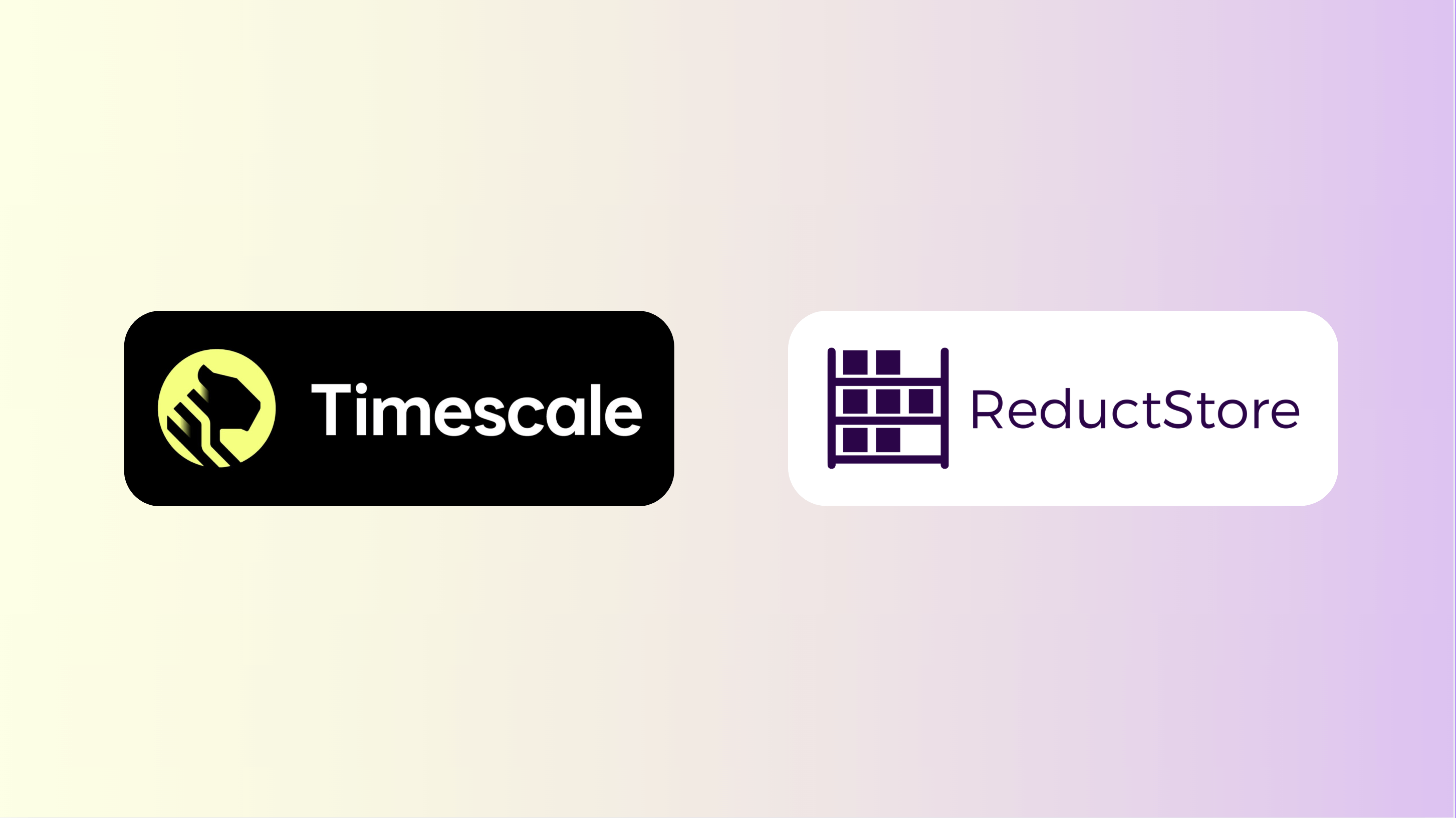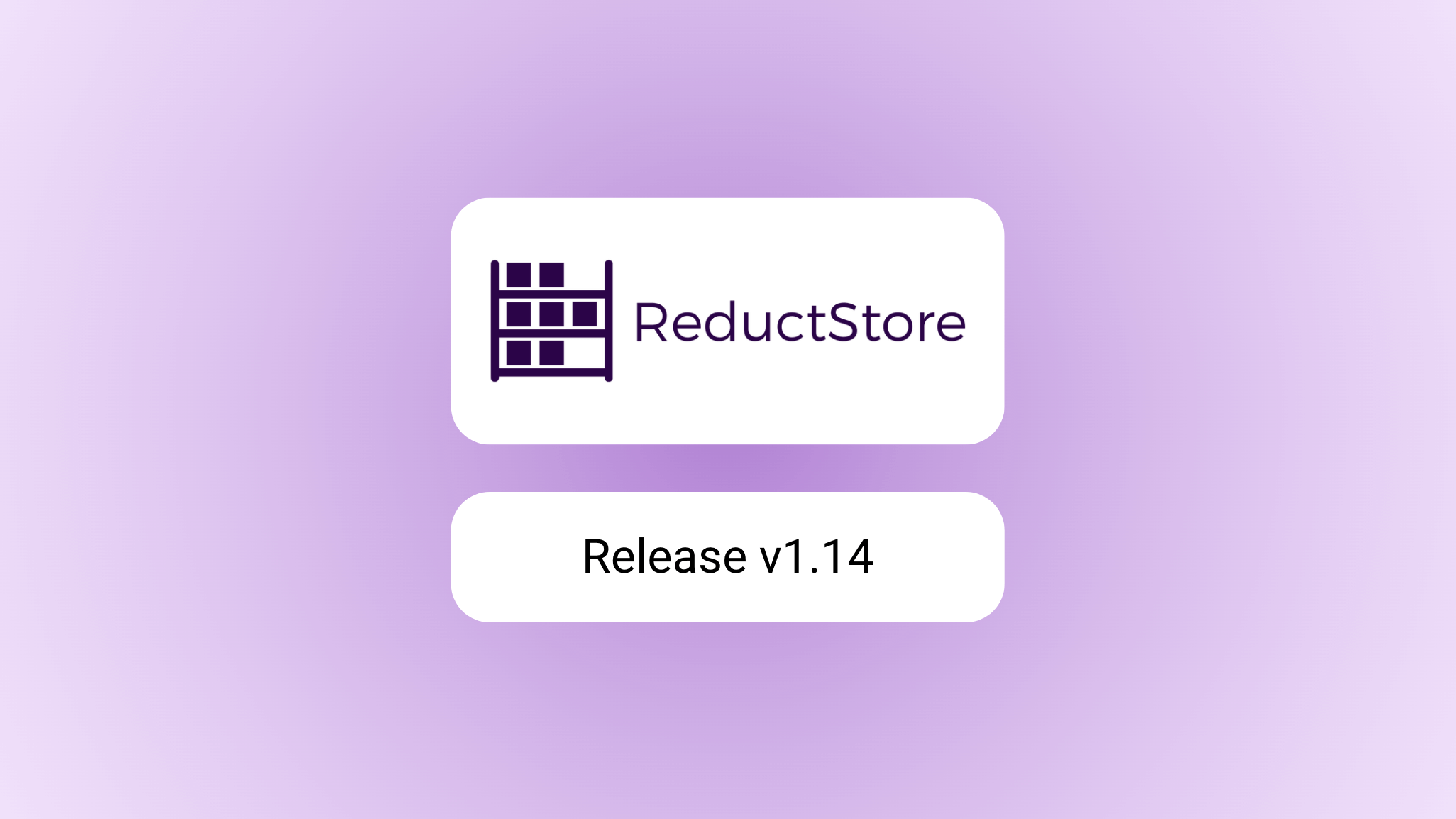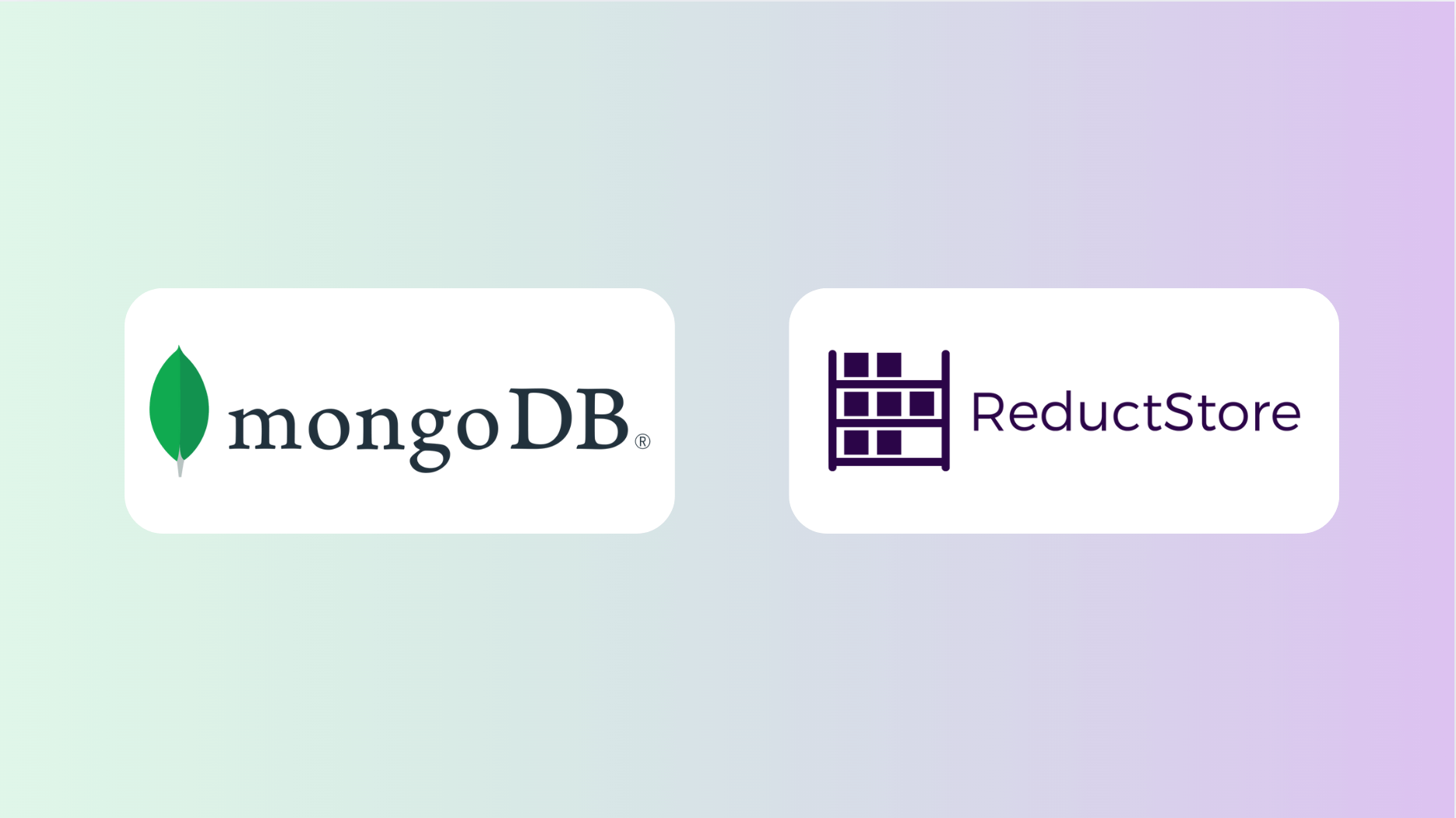ReductStore vs. TimescaleDB: How to Choose the Right Time-Series Database

With the rapid growth of time-series data in AI, IoT, and industrial automation, choosing the right database solution can significantly impact performance, scalability, and efficiency. As we covered briefly in our whitepaper, ReductStore and TimescaleDB are two powerful but distinct solutions, each designed to handle time-series data in different ways. ReductStore specializes in unstructured time-series data, making it ideal for edge computing and large binary objects. TimescaleDB, on the other hand, is an extension of PostgreSQL, optimized for structured time-series data with robust querying capabilities. In this article, we'll explore these differences between ReductStore and TimescaleDB, as well as their other strengths, and when to use each.



